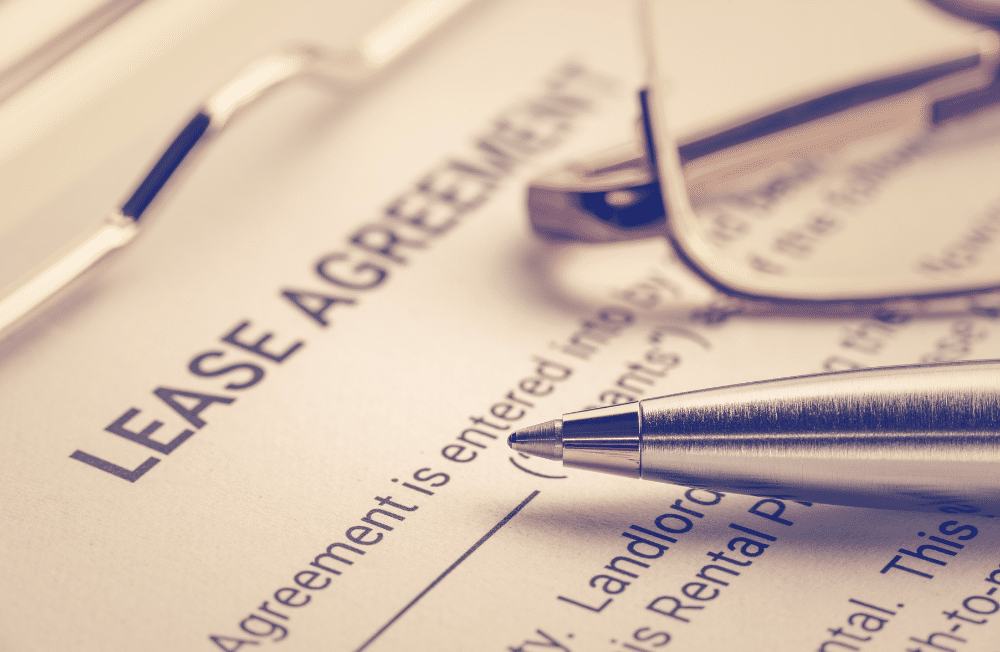Published: August 01, 2023
What You Need to Know If You Need to Break a Lease
Signing a lease agreement is a commitment to occupy a rental property for a specified period. However, life is unpredictable, and circumstances may arise that require you to break your lease before its intended end date. While breaking a lease can be complex, understanding your rights and obligations can help minimize the potential consequences. Let’s explore what you need to know if you find yourself in a situation where breaking a lease is necessary.
Review Your Lease Agreement
The first step when considering breaking a lease is to carefully review the terms and conditions of your lease agreement. Pay close attention to sections regarding early termination, subleasing, and penalties associated with breaking the lease. Familiarize yourself with the notice period required and any fees or financial obligations you may face.
Communicate With Your Landlord
Open and honest communication with your landlord is crucial. As soon as you know you need to break your lease, notify your landlord in writing. Explain your situation clearly, and if possible, offer potential solutions, such as finding a replacement tenant. Some landlords may be understanding and willing to negotiate a mutual agreement, especially if you provide sufficient notice and help minimize any inconvenience.
Understand Your Rights and Local Laws
Research and understand the local tenant laws and regulations that apply to your situation. Laws regarding lease termination and penalties vary from one jurisdiction to another. Some areas have specific provisions that allow tenants to break a lease under certain circumstances, such as job relocation, health issues, or domestic violence situations. Knowing your rights can protect you from unfair penalties and help you navigate the process more effectively.
Find a Replacement Tenant
Many leases allow for subletting or assignment of the lease to another individual, subject to the landlord’s approval. If permitted, actively seek out a replacement tenant who meets the landlord’s requirements. Presenting a qualified candidate can increase the likelihood of your landlord agreeing to the lease transfer, thereby releasing you from your obligations. Remember to get any agreement in writing and ensure all parties involved understand the terms and responsibilities.
Mitigate Damages and Financial Obligations
Breaking a lease typically comes with financial consequences. Your lease agreement may outline penalties, such as paying rent until a new tenant is found or covering advertising costs. Make an effort to minimize these financial obligations by assisting in finding a new tenant, cooperating with property showings, or even offering to cover part of the costs associated with lease termination.
Document Everything
Throughout the process of breaking a lease, it is crucial to maintain thorough documentation. Keep copies of all written communication with your landlord, including any agreements or modifications made. Document the condition of the rental property with photographs to support your case if any disputes arise regarding damages or security deposit refunds. Organized records can help protect your interests and resolve potential disagreements efficiently.
Breaking a lease is not an ideal situation, but sometimes circumstances demand it. By understanding your lease agreement, communicating with your landlord, knowing your rights, and actively seeking solutions, you can navigate the process more effectively. Remember to be transparent, cooperative, and proactive in finding a resolution that benefits all parties involved. While breaking a lease may incur financial obligations, with proper preparation and adherence to local laws, you can minimize the potential impact and move forward with confidence.
To see how UNITS® Moving and Portable Storage of Bucks & Mercer County can help, call (609) 245-6226.
Ready To Make The Move?
Call
(267) 362-4838
Our local owners and managers are ready to assist you in what you’ll soon be calling your easiest move yet. Get started today by filling out our online quote form.


